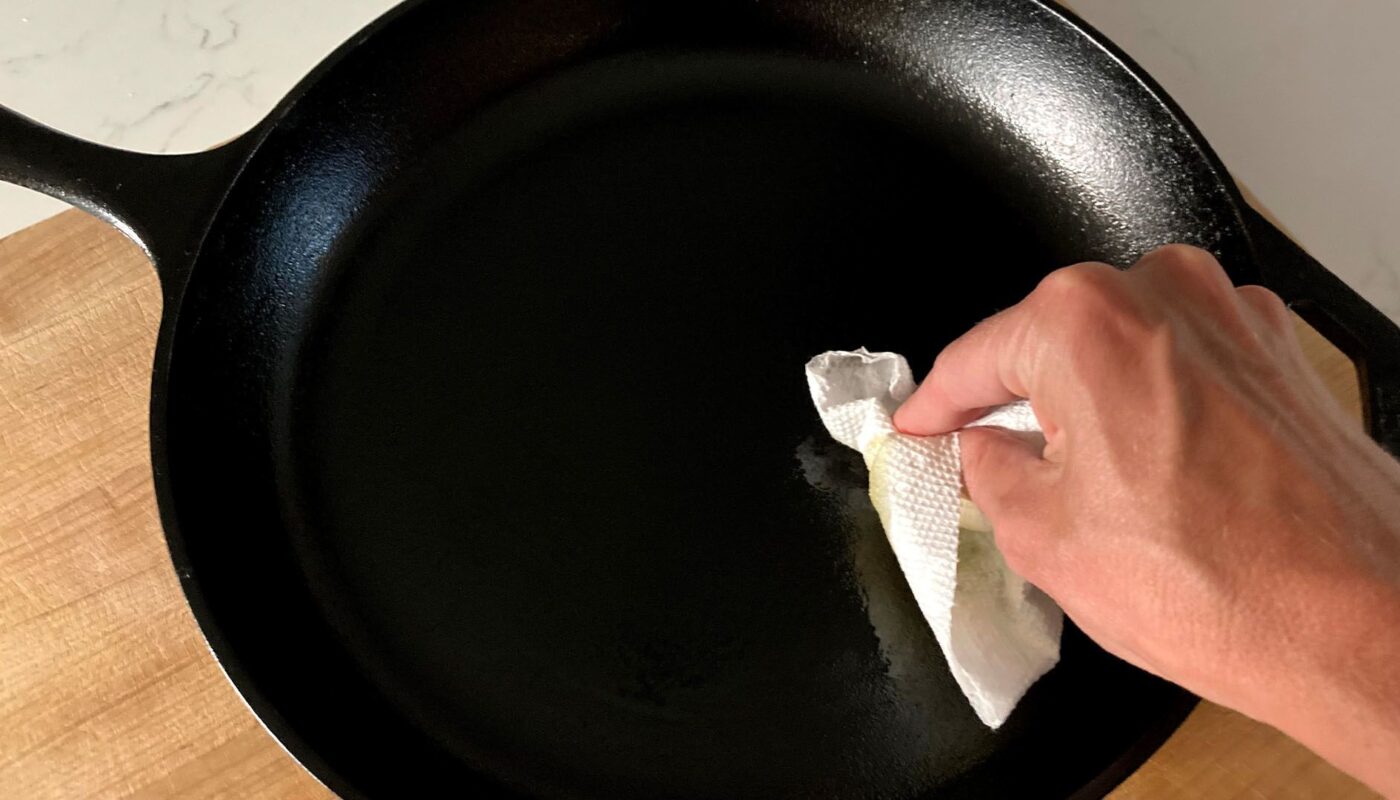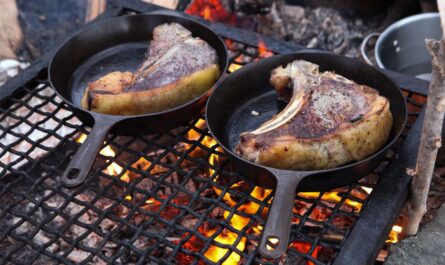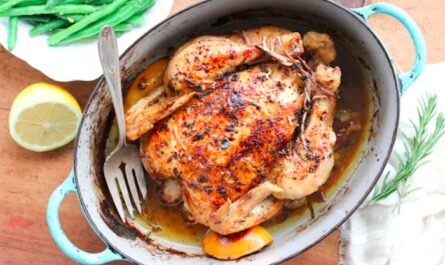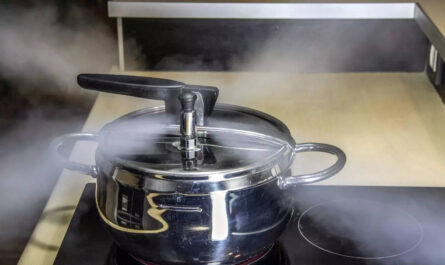For many culinary enthusiasts, a cast iron skillet is a treasured kitchen tool. It’s durable, versatile, and irreplaceable when it comes to searing, frying, or even baking. But, just like any tool with daily use, there may come a time when you’re faced with the question, when to throw away a cast iron skillet?. Understanding the telltale signs can ensure that your cooking remains safe, efficient, and flavorful.
Lets delve deep into the life and times of your trusty skillet and explore when to throw away a cast iron skillet while keeping its durability in mind.

What Makes Cast Iron Skillets Special?
Before discussing disposal, its vital to understand the beauty of a cast iron skillet. These pans are celebrated for:
- Durability: With proper care, they can last for decades.
- Versatility: They can handle high heat, go from stovetop to oven, and are excellent for conditioning flavors.
- Non-stick Surface: When seasoned well, their surface rivals traditional non-stick cookware without harmful chemicals.
Now lets highlight the signs signaling the end of their usability.
Signs It’s Time To Let Go of Your Cast Iron Skillet
While cast iron skillets are long-lasting, here are some critical points when theyve hit their limit:
1. Irreparable Cracks
One of the most obvious signs that its time to throw away your skillet is the presence of cracks. While tiny scratches or surface imperfections can be remedied, deep cracks in the body are permanent and dangerous to use since heat expands and worsens them over time.
2. Warping Issues
If the skillets bottom is warped or uneven, cooking becomes inefficient. A warped base decreases direct contact with your stovetop, leading to uneven heat distribution, which may ruin your recipes. For example, if you fry beef fajitas or sear at high heat, uneven cooking can affect results.
3. Rust That Wont Budge
A common issue with neglected or improperly maintained cast iron is rust. While minor surface rust can be scrubbed off and reseasoned, deeply embedded or flaky rust that spreads is a red flag. This level of deterioration makes your cookware unsanitary.
When Maintenance Fails: Persistent Issues
4. Discoloration and Flaking
If you notice that your skillet has discolored despite cleaning or its seasoning continues to flake away no matter what you do, it may be beyond repair. This creates harmful food contamination risks because the impurities may mix with your meals.
5. Excessive Build-Up of Grease
Over time, too much grease can accumulate despite attempts to clean and re-season. This can lead to unpleasant odors or difficulty cooking delicate fish like swordfish steaks.
Salvage or Replace: What Are Your Options?
If your skillet shows one or more of the above signs, the real question becomes: replace or repair it? Here are some tips:
- Small Rust Spots: Use steel wool, reseason, and test its longevity.
- Warping: Unfortunately, warped skillets cannot be fixed. Throw these away.
- Deep Cracks: Disposing of cracked cookware is the only option.
For safer disposal, check for recycling facilities in your area that accept iron or metal.
How to Prolong Your Skillets Life
Proper maintenance can add years to your skillet:
- Always dry promptly after washing to avoid rust.
- Apply a thin coat of cooking oil to keep its seasoning intact.
- Follow guidelines like those in this how-to guide for proper care techniques.
Tremendous Advice For Sushi Lovers: Timing Matters!
Sushi lovers often use cast iron to sear fish like tuna or salmon. Ensuring your skillet is safe to use is key. If you’re looking for ideas, try this salmon recipe to celebrate your skillets versatility!

FAQ Section
Is rust on a cast iron skillet harmful?
Minor rust spots arent harmful and can be fixed by scrubbing them off. However, advanced rust could make the skillet unsafe.
How do I prevent my skillet from cracking?
Avoid rapid temperature changes. Never put a hot skillet in cold water, as this causes stress cracks over time.
Can cracked skillets be fixed?
No. Sadly, cracked skillets are beyond repair. Its best to replace them to ensure safety.
This article contains affiliate links. We may earn a commission at no extra cost to you.




